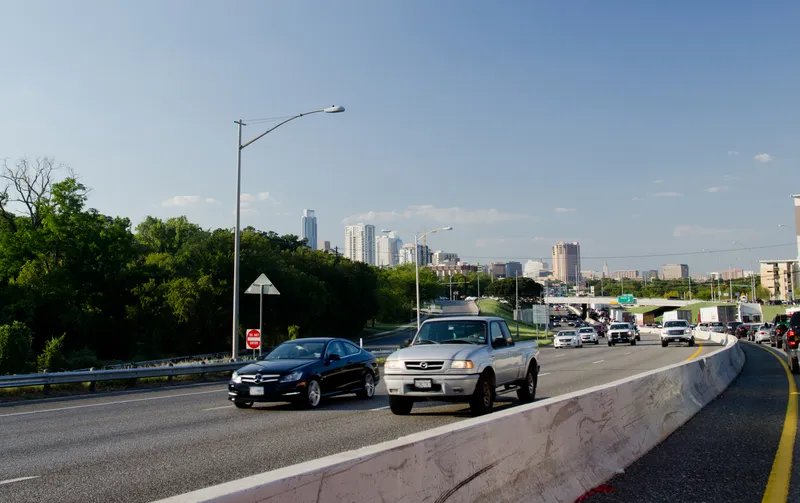Sixty years after president Dwight D. Eisenhower signed the Federal Highway Act 1956 into law, the US National Academies of Sciences, Engineering and Medicine is to carry out a 30 month study of the future of the country’s interstate highway system.
The IHS is a key component of the US transportation system. While it makes up only 1.2 per cent roadway line-miles of the country's public road system, it handles nearly 25 per cent of the total vehicle miles travelled annually and almost 40 per cent of the country's total truck traffic. Little changed since its inception, the IHS of today is showing its age.
The Future Interstate Study is being carried out in accordance with Section 6021 of the Fixing America's Surface Transportation Act of 2015 which calls for the Transportation Research Board to conduct “a study on the actions needed to upgrade and restore the Dwight D. Eisenhower National System of Interstate and Defence Highways to its role as a premier system that meets the growing and shifting demands of the 21st century.”
The 14-member committee of experts will develop a report over the course of the project. During the first 20 months of study, the committee will meet regularly to hear from key groups, including national experts, operators and users of the interstate system and private sector stakeholders. Members have backgrounds in transportation policy and planning in both urban and rural contexts, travel demand, highway construction and operations, traffic safety, modelling, environmental and community impact mitigation, economic development, supply chains and goods movement, funding, equity and access to economic opportunity, multimodal transportation, and advanced vehicle technologies.
Steudle is the only director of a state department of transportation on the committee. Today, the Michigan Department of Transportation (MDOT) has jurisdiction over 9,668 route miles or 32,043 lane miles (including ramps) of interstate, US and M highways.
Michigan DOT director joins committee to study the future of interstates
Sixty years after president Dwight D. Eisenhower signed the Federal Highway Act 1956 into law, the US National Academies of Sciences, Engineering and Medicine is to carry out a 30 month study of the future of the country’s interstate highway system. Michigan Department of Transportation director Kirk T. Steudle has been named as a member of the committee that will study the future of the US Interstate Highway System (IGS).
August 30, 2016
Read time: 2 mins








